

Dubai has become a major hub for importing engines and automotive parts, thanks to its strategic location and advanced logistics infrastructure. Importers in Dubai source a wide range of engines, including used, refurbished, and brand-new models for various industries such as automotive, marine, and construction. Many of these engines come from countries like Japan, Germany, and the United States, known for producing high-performance and reliable engines. The import process typically involves strict quality checks to ensure that engines meet safety and environmental standards before they are sold to customers across the Middle East and beyond.
Engine importers in Dubai benefit from the city’s free trade zones, which offer tax advantages and efficient customs processes, making it easier to import and distribute products. With growing demand for both conventional and eco-friendly engines, Dubai-based importers cater to a wide variety of markets, including retail shops, workshops, and large industrial clients. Importers often stock engines for popular vehicle brands and also offer parts for specialized machinery, positioning Dubai as a key player in the global engine trade market.
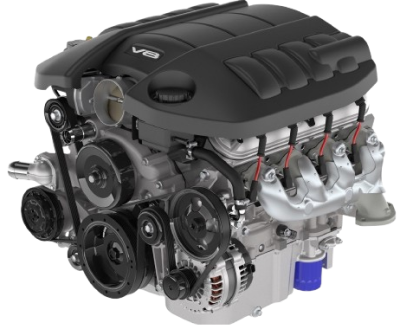
All car engines and products that arrive at the company after a long shipment and inspection abroad are checked twice more before reaching the customer.

Our certified technicians are experts in engine replacement, dedicated to delivering high-quality service with precision and care. With years of experience across various engine models, we ensure a smooth replacement process that minimizes downtime, getting you back on the road quickly and efficiently.

We source only rigorously tested, top-tier engines that meet industry standards. Each engine undergoes thorough inspection to guarantee performance and durability, and our services come with a comprehensive warranty. This commitment to quality and exceptional customer support ensures you receive a reliable engine replacement built to last.






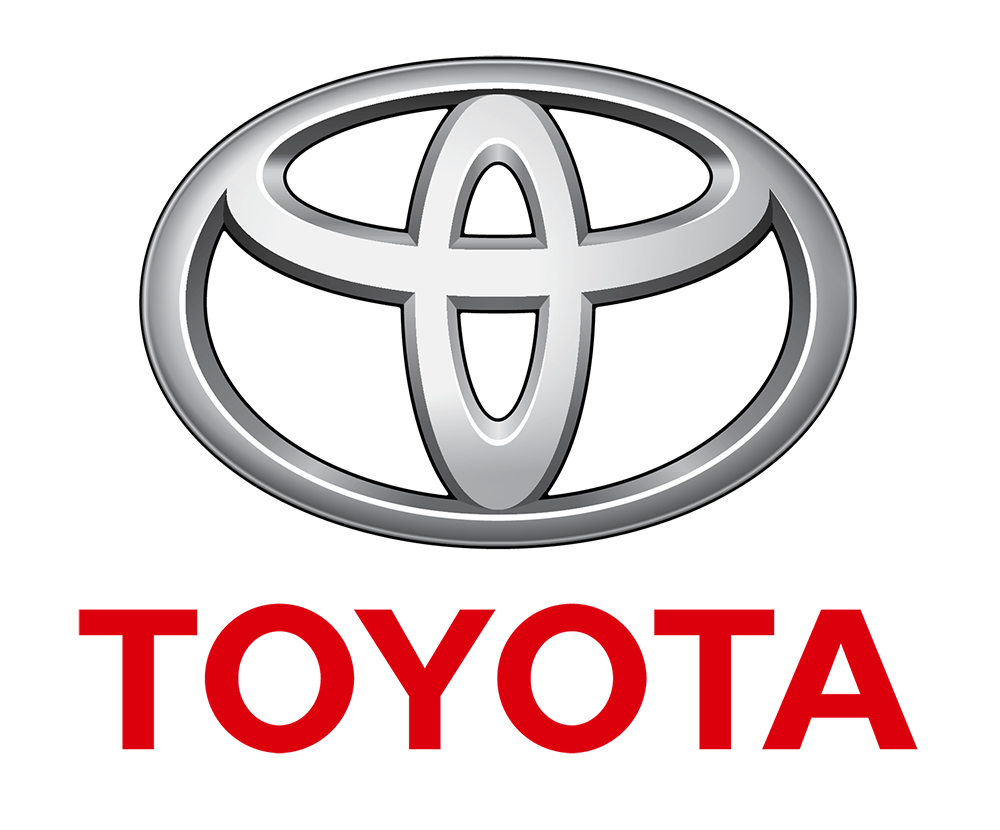






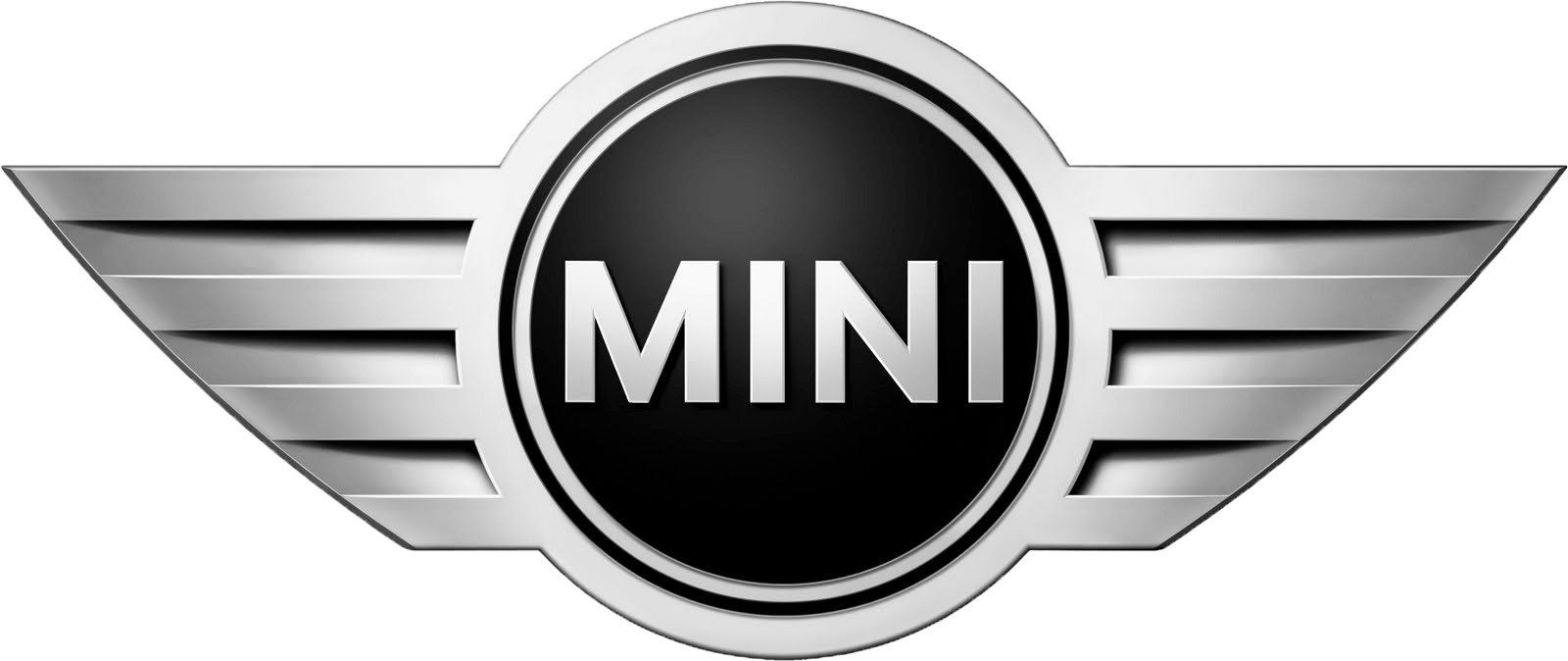





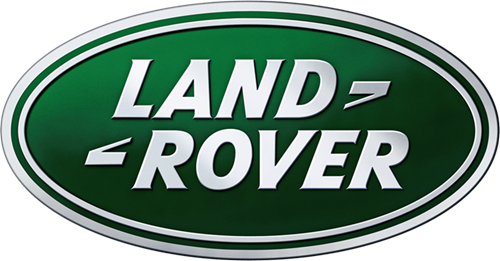

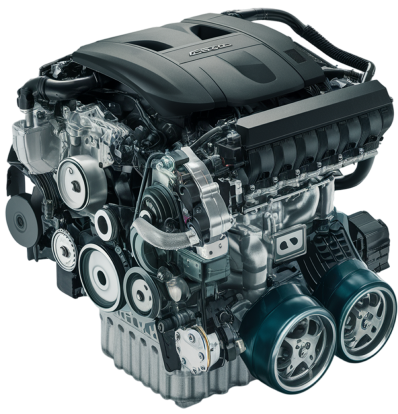
The engine import industry in Israel is evolving rapidly, driven by a growing demand for advanced automotive technologies and sustainable solutions. With its strategic geographic location, Israel serves as a vital hub for importing engines from global manufacturers, particularly from countries renowned for engineering excellence like Germany, Japan, and the United States. However, the industry faces challenges, such as stringent emissions regulations and fluctuating import tariffs that require importers to remain compliant and adaptable.
Israel’s engine import industry is at a pivotal moment, characterized by a significant shift toward innovation and sustainability. As demand for efficient and reliable engines increases, importers are adapting by sourcing high-quality engines that meet evolving consumer preferences. Key markets for engine imports include passenger vehicles, commercial transportation, and specialized machinery, with a notable rise in the import of hybrid and electric engines reflecting the global push for greener alternatives.
In response to regulatory pressures and consumer demand, many Israeli importers are investing in technologies that promote lower emissions and improved fuel efficiency. Additionally, advancements in supply chain logistics are enhancing the import process, allowing for quicker turnaround times and better inventory management. By embracing these trends, the engine import industry in Israel is positioning itself for sustained growth and success in the coming years, catering to an increasingly environmentally conscious market.
Vehicle engines primarily fall into three categories: internal combustion engines (ICE), electric engines, and hybrid engines. Internal combustion engines are the most common and run on gasoline or diesel, using the combustion of fuel to generate power. Electric engines use electricity stored in batteries to power the vehicle, offering zero emissions during operation. Hybrid engines combine both ICE and electric power, providing greater fuel efficiency and lower emissions by switching between the two power sources depending on driving conditions.
Engine oil should typically be changed every 5,000 to 7,500 miles, depending on the type of oil used and the vehicle's specific requirements. Synthetic oils often allow for longer intervals between changes, sometimes up to 10,000 miles. Regular oil changes are crucial for maintaining engine performance, as fresh oil lubricates the engine components, reduces friction, and helps to prevent overheating common signs of engine problems?** Common signs of engine problems include unusual noises (such as knocking or ticking), warning lights on the dashboard (like the check engine light), decreased fuel efficiency, and excessive exhaust smoke. Additionally, if the engine runs roughly or has difficulty starting, these could indicate underlying issues. It's essential to address any of these symptoms promptly to prevent further damage.
Common signs of engine problems include unusual noises (such as knocking or ticking), warning lights on the dashboard (like the check engine light), decreased fuel efficiency, and excessive exhaust smoke. Additionally, if the engine runs roughly or has difficulty starting, these could indicate underlying issues. It's essential to address any of these symptoms promptly to prevent further damage.